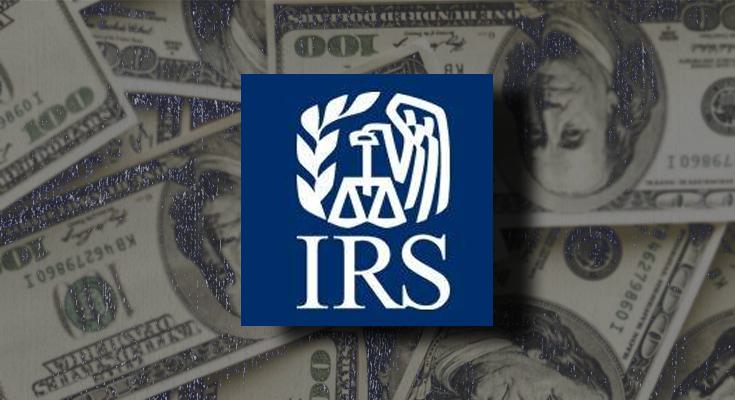By Erica Thomas, managing editor
The day after Democrats in Washington scaled back their proposal to have the IRS monitor American banking accounts, Sen. Tommy Tuberville and financial institutions in Alabama and across the country said the scale-back isn’t enough.
The proposal from the Biden administration would mean banks and credit unions would have to report transactions of $10,000 or more to the IRS. The previous amount was $600, and Tuberville said he believes some top Democrats want to keep it that way.
“They’re trying to water this thing down,” said Tuberville. “They want to look at everybody in terms of, if you spend $600, they want to know what you’re doing with it, if you deposit it or spend it. Janet Yellen, our Treasury Secretary is not giving up on this. She wants to keep it at $600. Nancy Pelosi wants to keep it at $600.”
Tuberville said the monitoring would be just like another tax. The senator said that monitoring in the $10,000 range is still too much.
“They want to get every dime out of every American citizen,” Tuberville added. “They say it’s for the top 1%. Folks, this is everybody. If you’re making $10,000 or more, they’re going to look in your checking, banking account.“

“We need to get them out of our business.”
The Protecting Financial Privacy Act, which Tuberville introduced to Congress, would prohibit the IRS or any other federal agency from implementing any data reporting policy on financial institutions.
Tuberville said, especially during tough economic times, it’s “embarrassing” that Democrats in Washington are making this move to pay for their $3.5 trillion reconciliation bill.
“It’s just another tax on the American people,” Tuberville continued. “We need to get them out of our business.”
Just last week, Alabama Attorney General Steve Marshall questioned the legality of the Democrats’ proposal.
“The Biden administration’s scheme to give the Internal Revenue Service the ability to inspect the bank accounts of basically all Americans without any warrant or reasonable suspicion of wrongdoing is not only highly intrusive but very likely illegal,” said Marshall. “This Orwellian level of monitoring all Americans’ bank records is an outright invasion of privacy and runs counter to the well-founded constitutional principles against illegal searches and seizures, and I join my fellow attorneys general in strongly opposing it.”
In the new proposal, Senate Democrats said they not only raised the reporting threshold to $10,000 but also removed wages and income from Social Security from that reporting requirement.
Still, financial institutions are unhappy with any plan to require data reporting to the IRS. Grace Newcombe, Senior Director of Federal Advocacy and Communications with the League of Southeastern Credit Unions & Affiliates, said her organization, along with all credit union organizations in the nation, issued a letter to Congress opposing the move.
“We are adamantly opposed to any version of that proposal because either way, credit unions are going to have to implement new systems, programs, and provide additional resources to accommodate those changes,” Newcombe said.
In the letter to Congress, the Credit Union National Association and the American Association of Credit Union Leagues said, “We have heard from credit union members – your constituents – from coast to coast that they have grave concerns regarding the proposal to require financial institutions to report to the IRS gross inflows and outflows on deposit accounts because it could be detrimental to the financial well-being of current members and deter underbanked populations from seeking safe, affordable, and mainstream financial services.”
The letter called any threshold “fundamentally flawed” and said the proposal “represents an unprecedented overreach of the federal government into the everyday lives of virtually every American.” They believe it will impact lower-income workers, small businesses, independent contractors, and day laborers.
The CUNA and the state credit union leagues represent more than 120 million members.










